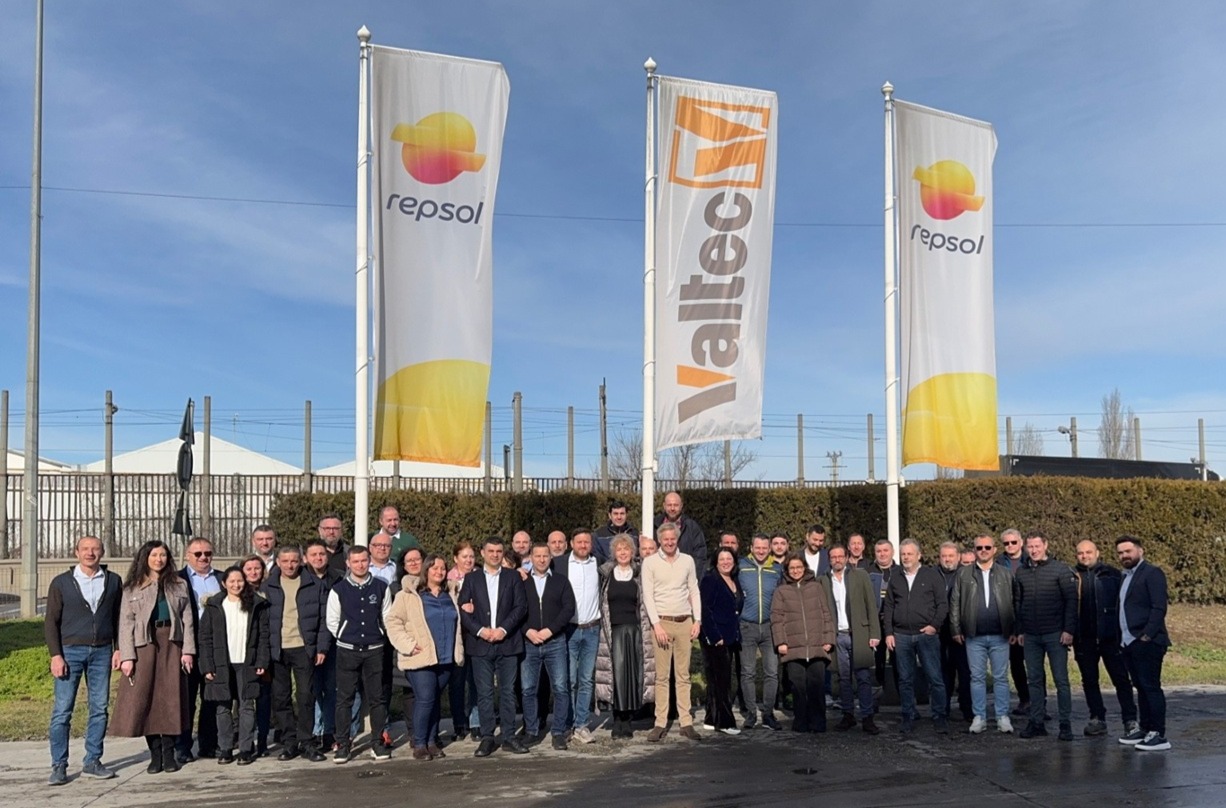The first single-seater race to use 100% biofuel

A race to remember
Repsol remains committed to sustainability solutions also when it comes to top-level racing in order to continue progressing toward one of our main objectives: decarbonize projects and products to reach net zero emissions by 2050.
That’s why we’ve committed to supplying 100% renewable fuel at the French Formula 4 championship, making it the first single-seater race in the world to use this kind of fuel for the entire season in all the cars in the competition.
>30,000 liters of biofuel
Within this collaboration, we developed 30,000 liters of advanced biofuel produced in our innovation laboratory, the Repsol Technology Lab. This biofuel meets the sustainability criteria established in the European Renewable Energy Directive (RED) and the parameters of the “Advanced Sustainable Fuel” specification set by the FIA (Federation Internationale de l'Automobile).
In addition to this new agreement with F4 and as part of the mission to design increasingly sustainable fuels, we have also done a variety of sponsorship collaborations like the Grand Prix de Pau New Energies or our partnership with Isidre Esteve in Dakar 2022, where we worked together to develop a biofuel for the driver to then use in races.
We are actively working to have the fuels used by MotoGP teams be comprised of at least 40% non-fossil fuel, with the goal of having all bikes use that specification by 2027.
Two decades incorporating biofuel
We’ve been working in the world of racing for 50 years, and over those years we’ve developed products that complied with the highest quality standards to obtain the best specifications.
In the 21st century, our commitment to sustainability and energy efficiency is key to developing a better fuel in the future. That’s why we’ve spent two decades incorporating biofuels into automotive fuels.
Advanced biofuels are a sustainable solution for all transportation segments as they offer a viable option for decarbonization, especially for maritime transport, long-haul transport, and aviation. These fuels make it possible to reduce net CO2 emissions by 65 to 95% vs. the traditional fuels they replace, using existing and new internal combustion engines to thus reduce the carbon intensity of transport and accelerate the pace of decarbonization instead of solely relying on fleet renewal to achieve this goal.
Supporting the circular economy
The circular economy is one of our strategic pillars for producing products with low, no, and even negative carbon footprints. Hence our commitment as a company. Our goal is to use three million tons of waste per year by 2030 to produce two million tons of low-carbon fuel and thereby mitigate more than seven million tons of CO2.
In line with these targets, the advanced biofuel plant in Cartagena, the first of its kind in Spain, is slated for start-up in 2023.
Related contents




